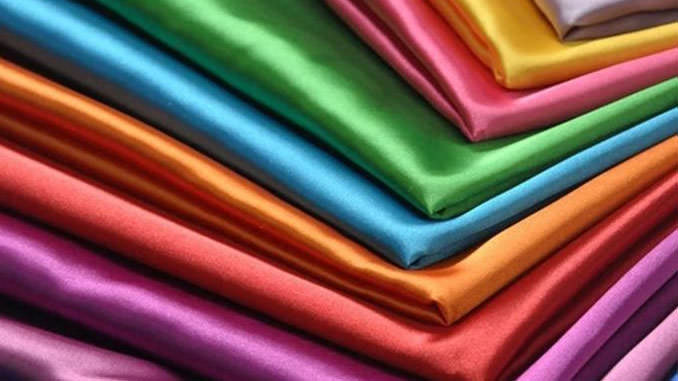
Silk is one of the most used textile fibers in the production of fine garments. Today, many fabrics are composed of a blend of virgin silk with other materials, organic or artificial. Removing this type of yarn is not always easy.
Blot the stain immediately with a neutral product, especially if you have poured some greasy or colored liquid over your silk garment. You can use simple flour for food use, sodium bicarbonate, or talcum powder, but remember that the most suitable specific product is soapwort powder. Pour a generous amount of powder over the patch to prevent it from spreading and damaging other areas of the fabric.
Let the mixture sit for a few minutes. Then proceed to remove the stain by placing it in plenty of warm water. Use a neutral product like castile soap or vegetable coconut oil to scrub the dirty fabric. Insist firmly on the stained areas, but avoid using curry pads or brushes: constant friction with the bristles would ruin the silk. Rinse thoroughly, turn the garment, and remove stains from the inside of the fabric with this method.
We can remove particularly stubborn stains with the help of chemical additives such as trichloroethylene. This solvent is potentially toxic and evaporates quickly, saturating the air with dangerous compounds. So make sure you use it with due precautions.
Then put on disposable gloves and quickly treat the garment in a ventilated room so as not to inhale the vapors. Pour a small amount of trichloroethylene onto the stain and quickly dab until the stain is removed. Finally, rinse thoroughly under running water.
If the damaged silk fabric is white, you can finally use two bleaching compounds to make any stains on the fabric go away. You can use delicate bleach that does not cause the yellowing of whites. Alternatively, consider spraying the tissue with hydrogen peroxide.
Pour the bleach directly onto the stain and if it is particularly stubborn, sprinkle two make-up remover pads. Place the first bleach-soaked cotton ball on the wrong side of the fabric. Then use the second one to dab the front of the stain gently.